
A Message from Directors Polly Donaldson & Andrew Trueblood
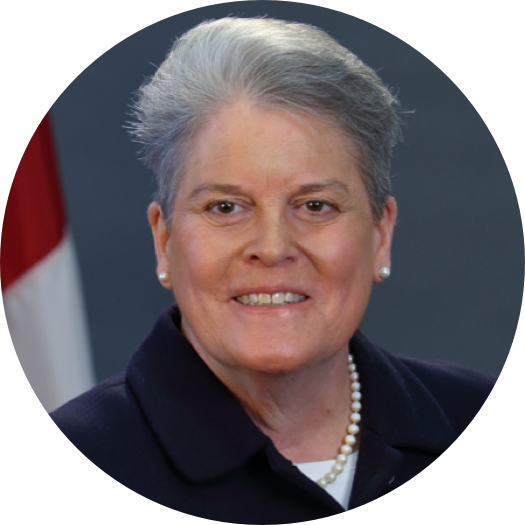
Polly Donaldson
Director, DC Department of Housing & Community DevelopmentOn May 10, 2019, Mayor Bowser signed an order directing District agencies to address housing affordability in the District of Columbia. The Housing Framework for Equity and Growth is our response to Mayor Bowser’s bold call to action. To start, the District needs to create 36,000 new residential units by 2025 with at least 12,000 affordable for low-income residents to ensure all residents can live in the city without being burdened by housing costs. An additional 6,000 affordable homes need to be preserved.
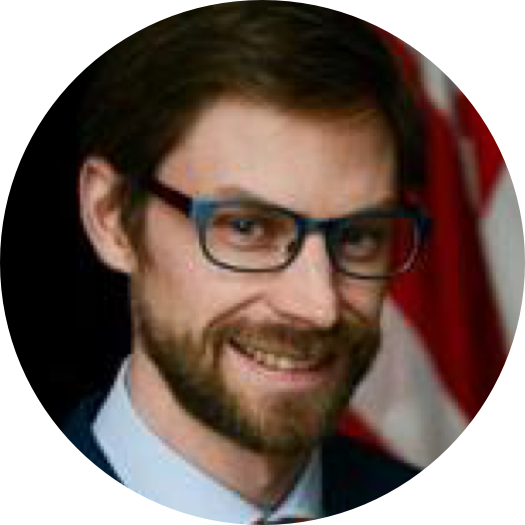
Andrew Trueblood
Director, DC Office of PlanningWashington, DC has grown significantly over the last decade and will continue to grow at a historic pace. Everyone, particularly our low-income residents, is paying more for housing. The current distribution of affordable housing is concentrated in some parts of the city while very limited in others. We have one of the most robust sets of affordable housing policies in the country with the largest per capita housing trust fund of any city in the United States. However, we know our current policies alone are not enough to encourage fair and affordable housing growth.
Achieving the Mayor’s ambitious goal requires the District to think differently about housing development. OP and DHCD are working with multiple agencies and external stakeholders to conduct the Housing Framework for Equity and Growth, an in-depth housing systems analysis, to ensure all residents can access and afford housing across all areas of the city. Bold action to address housing affordability requires the entire city’s input and energy.
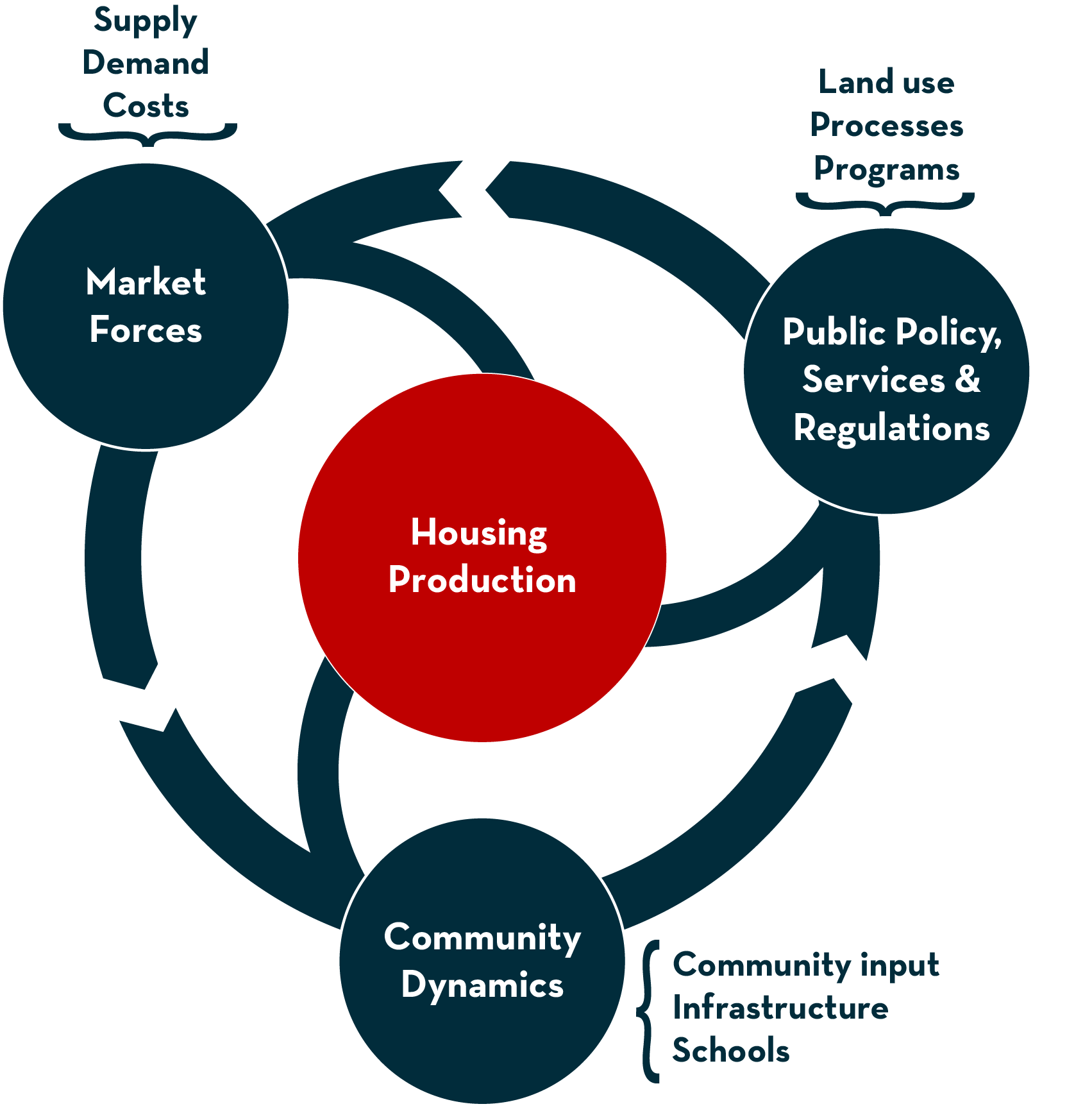
 Housing Framework for Equity and Growth
Housing Framework for Equity and Growth
The Housing Framework for Equity and Growth is an analysis intended to inform how we produce and preserve more affordable and market rate housing in the District. It will help us understand the needs and challenges driving current housing production. This analysis will create more equitable distribution goals for housing production and development by examining public policies and regulations, market forces, and community dynamics.
Increased housing production and preservation are required to address growth and ensure Washington, DC lives up to its values of a diverse and inclusive city. OP and DHCD will develop policies and approaches for each planning area and establish metrics to evaluate progress.
 Housing Costs are Rising
Housing Costs are Rising
Across the District, homeowners and renters alike are paying a greater share of their income on housing costs. There are fewer opportunities for growing families to purchase homes in the city, and nearly 6,500 residents are experiencing homelessness.
Low-income residents are most burdened by the rising cost of housing. Currently, 59,000 District households now pay more than 50 percent of their income on housing. Increased housing costs force residents to make tough decisions about paying for necessities like food, medicine, and childcare and pursuing educational or professional development opportunities.
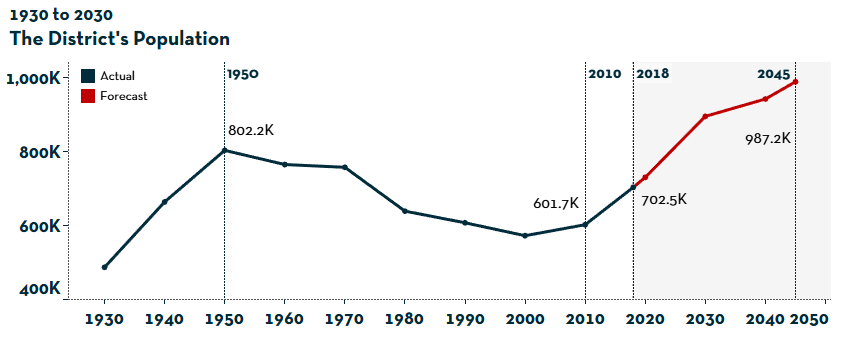
 Washington, DC is Growing
Washington, DC is Growing
Since 2010, the District has experienced one of the fastest periods of sustained housing production in its history. Our population is now over 700,000 and growing. The next few decades are projected to continue as one of the most significant periods of population growth in Washington, DC’s history. We recognize the need to accelerate housing production and preservation to ensure everyone who wants to live in the city can without being burdened by housing costs.
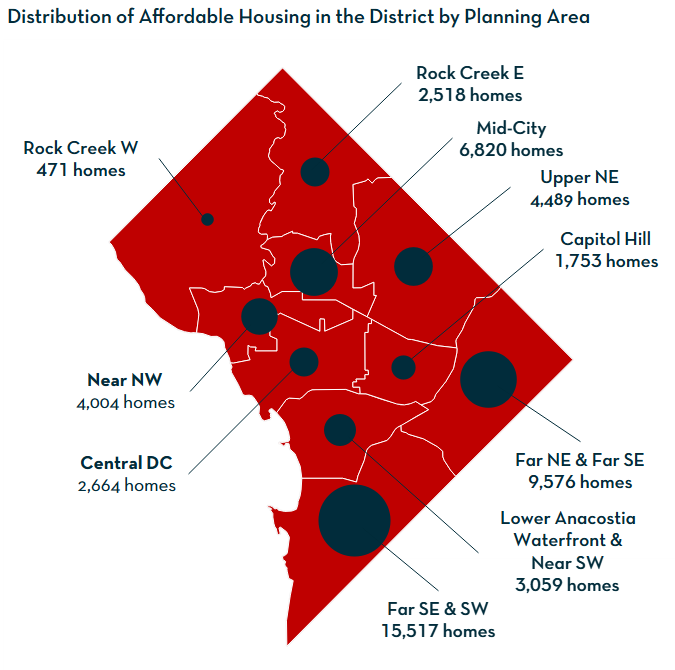
 The Distribution of Affordable Housing is Uneven
The Distribution of Affordable Housing is Uneven
A citywide effort is needed to increase housing affordability and ensure all residents have the opportunity to live and thrive in healthy communities.
Currently, the District’s affordable housing is unevenly distributed across the city. The map illustrates the Far Southeast and Southwest area of the city has over 15,000 affordable units, or about 31 percent of all of the District’s affordable housing. In contrast, the Rock Creek West has fewer than 500 affordable units, or approximately one percent of the District’s supply of affordable housing. The Housing Framework for Equity and Growth will examine policies and opportunities to create a fairer, more inclusive supply of affordable housing.
You can learn more about the current distribution of affordable housing by Advisory Neighborhood Commission here.

 MENU
MENU





